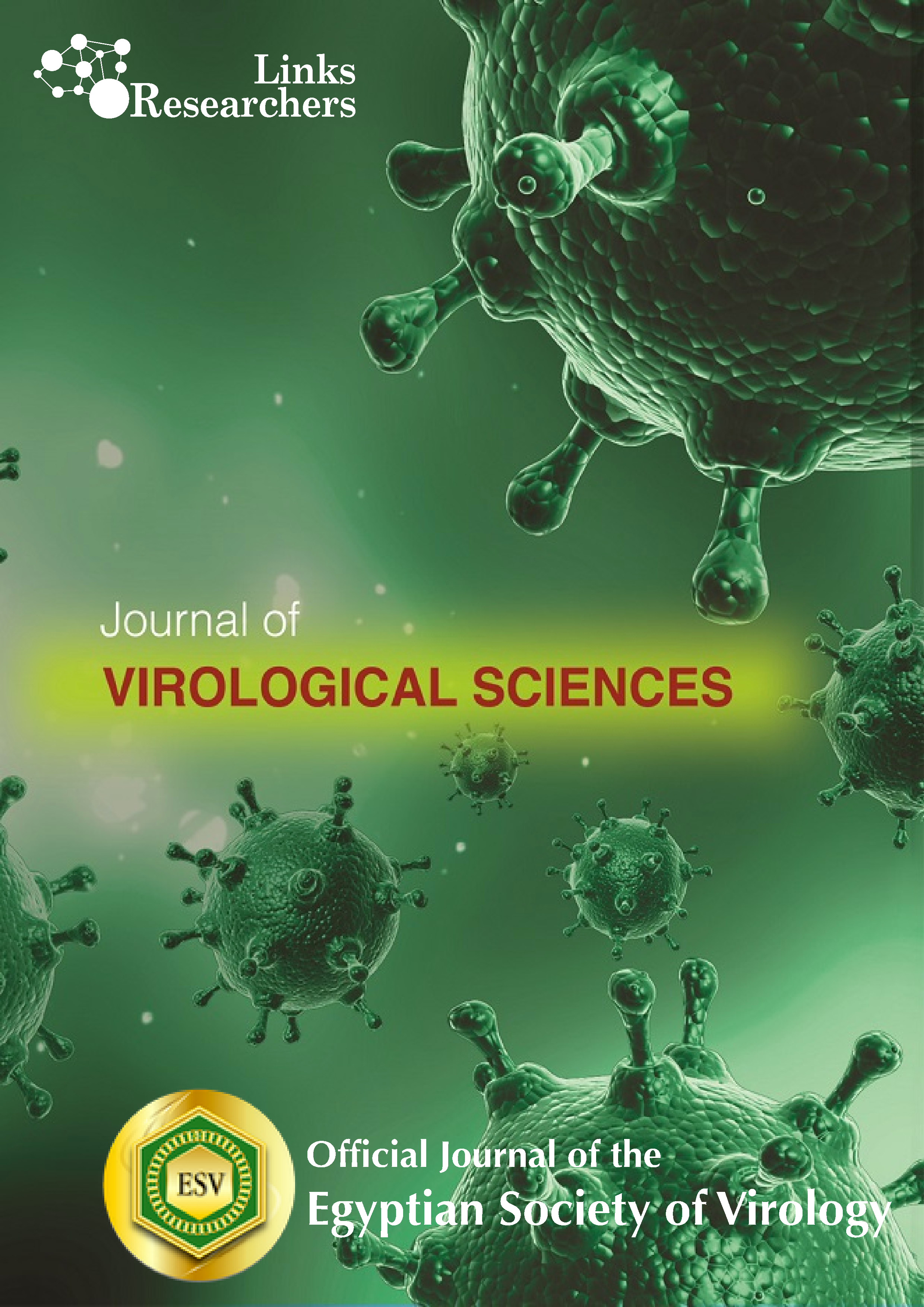Background: Potato Leafroll Virus (PLRV) is considered as one of the most important potato
pathogenic virus worldwide. PLRV belongs to genus Potyvirus, transmitted by aphids and
widespread in most potato growing areas globally, that causes huge losses in potato crop
production. PLRV management became a challenge due to the economic importance of potato
(Solanum tuberosum L.), the fourth largest staple crop in the world. Our research was aiming
to manage PLRV In-Vitro.
Methods: Infected potato plants (Solanum tuberosum L. var. slany) were externally sterilized
and cultured in Murashige and Skoog media (MS media). Four weeks later, potato plants were
tested for PLRV using RT-PCR technique, and all of the plants were PLRV positive. MS
media were prepared, autoclaved, and active natural materials (Glycyrrhizic acid ammonium
salt (GAS), Glycyrrhizic Acid (GA), Curcumin (CU) and Rosmarinic Acid (RA) were
sterilized and added to MS media at different concentrations.
Results: Potato plants those treated with Glycyrrhizic acid ammonium salt (2ng, 4ng, and 8
ng/ml MS media) showed that the presence of PLRV at concentration 2ng/ ml MS media
while they were negatively diagnosed for PLRV at the other concentrations. However, Treated
potato plantlets with curcumin showed that PLRV present in concentrations 2ng/ ml in the MS
media but treated potato plants with concentration 4ng and8 ng/ml in the MS media were
negative to PLRV. Moreover, treated potato plants with Rosmarinic acid and Glycyrrhizic
acid showed that the presence of PLRV in all concentrations (2ng, 4ng, 8ng/ ml in the MS
media).
Conclusion: In-Vitro application of Glycyrrhizic acid ammonium salt and curcumin at higher
concentrations suppressed or decreased PLRV compared to low concentrations and control.





